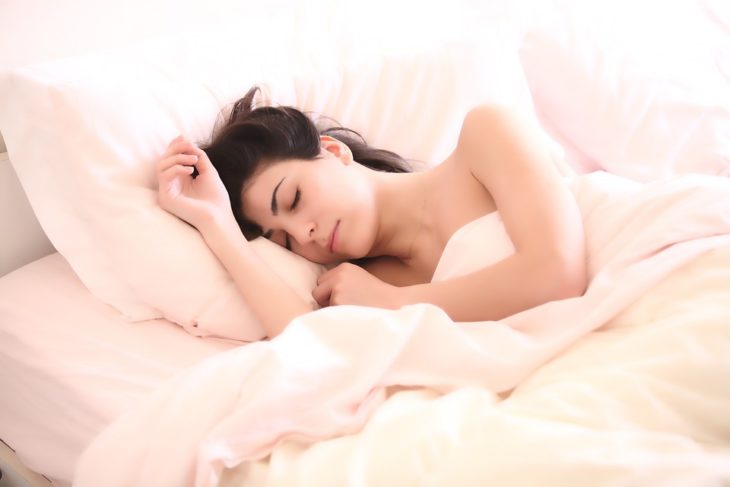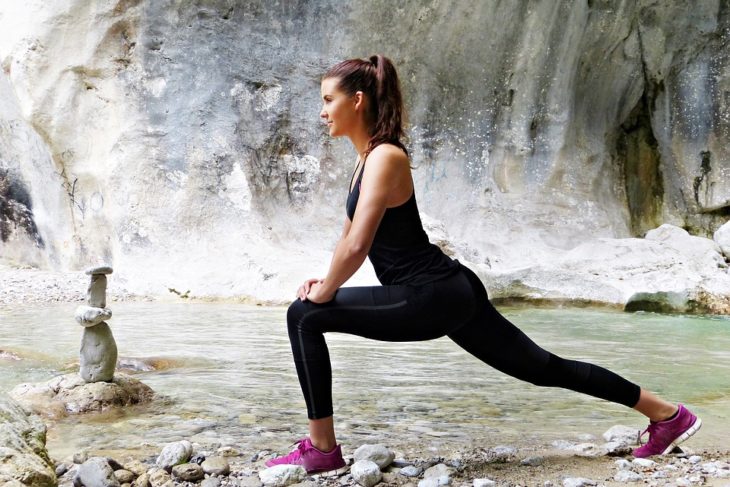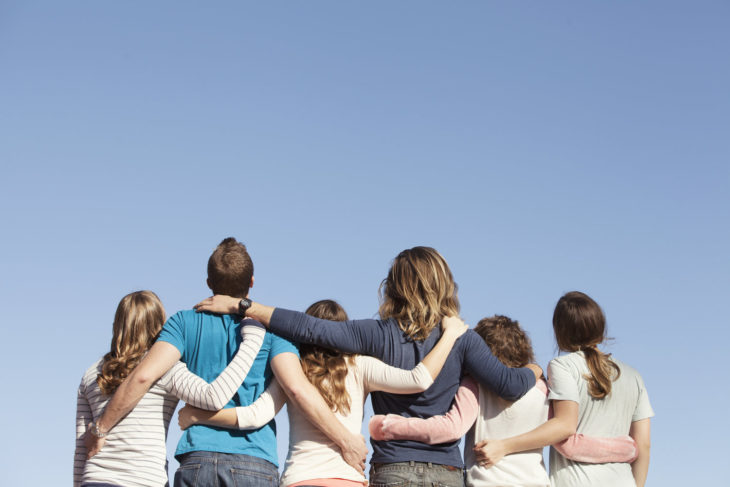We always remember to brush the teeth, get some sleep or change into another pair of jeans before going somewhere. However, such important but often neglected rules of self-care somehow go past our attention. Taking care of oneself means observing and regulating one’s needs, feelings, urges and calibrating them with actions, adjusting behavior according to the current state.
Self-care is an important skill in daily life, and for those in recovery, it’s an essential part of free substance abuse programs (check out addictionresource.com). In fact, all aftercare programs include different self-help and self-regulation practices for new healthy lifestyle maintenance. And so because recovery is a holistic process, which involves all aspects of a person’s life, the ability to take care of oneself plays a big role in its result.
Here are some main aspects of self-care to take into account. Remember that you are unique and so are your characteristics, features and special needs. So before applying any of those, listen to your inner voice and find out what is truly important and appropriate for you.
Contents
Care for your body

Source: Pixabay
Physical activity
Every free rehabilitation center uses fitness and all other kinds of sports as an inseparable part of recovery. Exercises do not necessarily equal enormous amounts of exhausting physical activity, so get rid of those mental pictures. The best activity is the one you personally like. Specialists also note that sport gives the best results for health when you get pleasure from it. So find what you prefer, and remember to start from baby steps. Nobody expects and forces you to run a marathon and to be enthusiastic about it. It could be anything that makes your body move and helps your body kick hormones of happiness, endorphins, into your blood.
It might be hard at the beginning but remember – what’s more important, is how regularly you do that, not how hard. Self-care is not a single act; it’s a whole system that accompanies your daily activities and life in whatever circumstances and situations you might face.
Proper sleeping schedule

Source: Claudio_Scott/Pixabay
Lack of sleep and insufficient rest are a problem for many of us, especially those who undergo rehabilitation. For proper functioning, our body and brain must rest and forcing them to work to their max while not providing enough time for recharge is extremely counterproductive.
Another act of a self-care is the establishment of a proper sleeping schedule. Find an optimal variant, which could be naturally incorporated into your everyday life. While building your personal schedule, keep in mind the following facts. Our biorhythms are not the same, and we differ in chronotypes. That means that the period of time during the day at which we are most physically and mentally productive is different for each of us. We also require slightly different time for a proper rest. Where someone will feel fresh after 7 hours of sleep, somebody else might physiologically need 8 or 9. And that’s okay. Self-care is also about understanding your needs, and the need for sleep is the most basic, yet one of the most influential on one’s health and wellbeing.
People with substance abuse disorders often have sleeping problems, such as insomnia, and in free rehab centers, among other methods, they are taught to use self-regulation techniques to overcome these difficulties.
Another helpful tip for getting enough rest is to create a personal soothing before-going-to-bed routine that will make your process of falling asleep easier, softer and more peaceful. It could be a warm shower, lightning aroma candles, turning on your favorite lava-lamp, listening to a lulling tune or basically anything calming enough, that you will find suitable. Little children love those routines, so try thinking about yourself as a child that you deeply care for. Pamper yourself!
Healthy nutrition

Source: Food Revolution Network
Famous proverb “You are what you eat” is true enough, because eating habits influence your overall health state. Healthy nutrition is a necessity and includes all kinds of food and a balanced intake of fats, carbs, vitamins, and minerals. Note that eating healthy does not equal dieting to starvation or excessive food consuming.
Care for your mind

Source: Pixabay
Negative emotions, attitudes or mindsets could be a hard hurdle on your recovery path. It’s always easy to fall back to old and good known ways to handle anxiety, fear or other distress. However, all of those feelings are inevitable in our life to some degree. Try finding new coping mechanisms and strategies to help you get away from unwanted consequences. Go for a walk, practice breathing techniques, write down your thoughts on paper or find a free treatment program. Recovery and therapy, incorporated in rehab programs, teach you how to find better and healthier ways to react to pain, so care for yourself – don’t let stress reverse your progress.
Another thing that might be useful is by observing oneself. Investigate how your thoughts might make you feel bad or your acts grow guilt and shame inside of you. Try tracking down your destructive personal mechanisms, things that make you feel bad or slow down your recovery. Keep a diary of those ideas or behaviors and try balancing them out by writing down ways to overcome such difficulties or their consequences.

Source: Broadway Church
Last, but not least – remember to establish and maintain communication because people are, indeed, social creatures.
Any happiness just as any sadness is a better experience when you’re sharing it with others. Of course, addictive behavior may change your social activity or somehow transform your relationships. Nevertheless, reclusion is not a healthy kind of socializing and is adverse for a person’s wellbeing. It may not be easy at first, but try reaching out for people around you. Not everyone knows what kind of hardships you overcome on your way to a new self. Let other people know what you’re going through and slowly try letting them into your life. The power of communication and connection is a recovery resource itself.
Hard times are inevitable, but that’s the part of our experience as human beings. Keep in mind these useful tips and consider creating your own, because you are the one who knows what’s best for you. And of course, take care!
